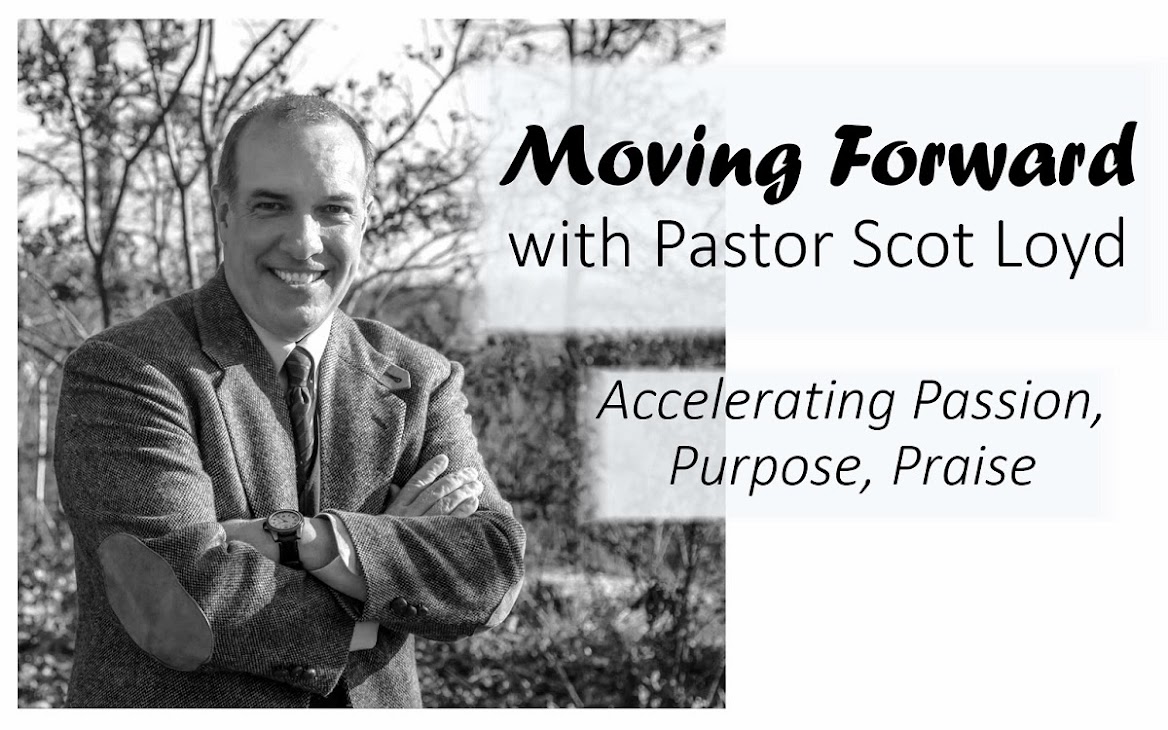Watching the fallout from the Paul
Deen controversy, surrounding her admitted use of a racial slur some years ago,
and her efforts to redeem herself in the eyes of the media consuming public, is
an illustration of how society has evolved when it comes to ideas of sin and
redemption. It wasn’t that long ago, that if someone committed a public sin and
was caught, if that person claimed to be a Christian they would seek
forgiveness from God and would, in time be lovingly restored to fellowship
within the church. But now celebrities when caught in a public transgression of
accepted behavior, make their rounds to media intercessors that serve as their
public confessors giving them access to the consumers of their personal brand
in hopes of finding redemption and restoration. Our secular society has removed
itself from biblical principles but it will never be able to remove itself from
the need for redemption.
The Apostle John writes in his
first epistle, “…If anyone does sin, we have an advocate with the Father, Jesus
Christ the righteous.” (1 John 2:1 ESV) This Scripture along with many others
makes it clear that Christ alone is our advocate and intercessor. The writer of
the book of Hebrews gives us a clear understanding of this, referring to the
imperfections of Old Testament priests and the perfection of Christ as a New
Testament priest, “This makes Jesus the guarantor of a better covenant. The
former priests were many in number, because they were prevented by death from
continuing in office, but he holds his priesthood permanently, because he
continues forever. Consequently, he is able to save to the uttermost those who
draw near to God through him, since he always lives to make intercession for
them.” (Hebrews 7:22-25 ESV) Jesus saves us to the uttermost, because he was
not “prevented by death”. Unlike the priest of the Old Testament, Jesus “always
lives”.
The current manifestation of
entertainment society to seek and receive redemption is incomplete because at
the heart of this process are people just as guilty as the perpetrators.
Returning for a moment to the Paula Deen example, the list of programs where
she has issued apologies continues to grow, as does the list of companies
abandoning her as a spokes person. The businesses that once embraced her
personal brand now seek to distance themselves from her, perhaps sensing that
when it comes to this kind of offense there can be no recovery. The problem of
course is that others have been equally as guilty as Deen, or have transgressed
current mores without suffering the consequences being experienced by Deen. The
point is that this human system of confession and forgiveness is imperfect
because on many levels we are guilty of the same sins. The Bible, unlike the
fickle winds of human opinions, challenges our motivations as well as our
actions, our thoughts as well as our deeds. And by that standard we all fall
short.
This, by no means excuses the words
or actions of Paul Deen, or any celebrity or person for that matter. My point
is to simply underscore the failures of our human systems of justice, grace and
forgiveness. These are concepts we all long to embrace, but because of our own
failures we are ill equipped to embody. Only Christ can adequately forgive and
restore because he was the only one in all of human history qualified to pay
the penalty for all of my sin and yours.
"For our sake he made him to be sin who knew no sin, so that in him we might become the righteousness of God." -2 Corinthians 5:21


No comments :
Post a Comment